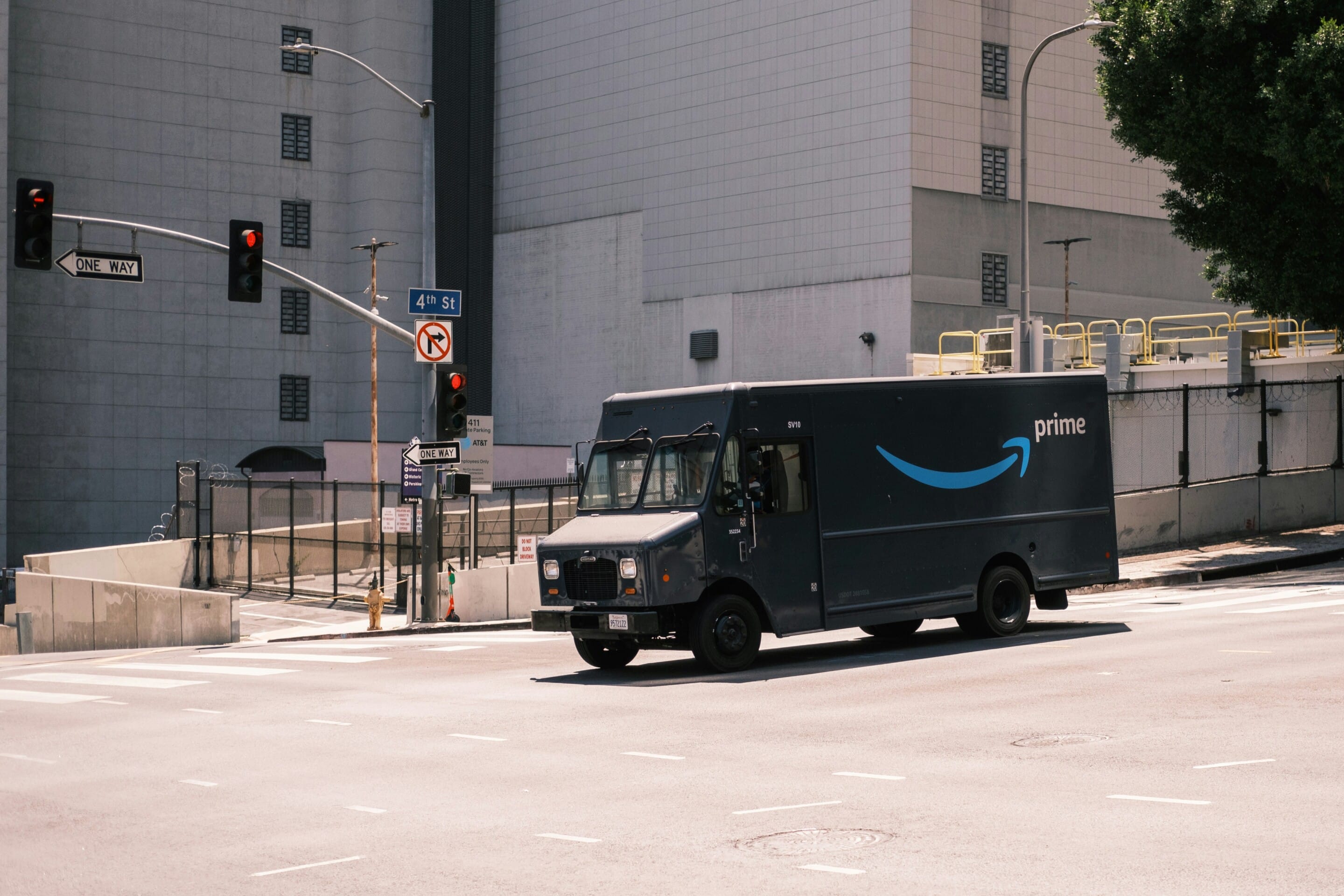by Jason Tieri | Jun 30, 2024 | In The News
Uber Advertising has announced an exclusive partnership with T-Mobile Advertising Solutions. Through this partnership, Uber will leverage a portion of T-Mobile’s rideshare inventory to expand its JourneyTV offering. Read the rest of the article here.

by Jason Tieri | Jun 29, 2024 | In The News
BlackWolf is a new ridesharing service that differentiates itself from competitors like Uber by allowing its drivers to carry firearms. Read the rest of the article here.

by Jason Tieri | Jun 28, 2024 | In The News
DoorDash has announced its intention to remove the controversial $4.99 consumer fee on orders in Seattle if the city passes a revised minimum wage law. Read the rest of the article here.

by Jason Tieri | Jun 27, 2024 | In The News
DoorDash has announced the expansion of its alcohol delivery service by partnering with additional merchants. This move aims to provide consumers with a wider selection of alcoholic beverages for on-demand delivery. Read the rest of the article here.

by Jason Tieri | Jun 26, 2024 | In The News
DoorDash has been actively seeking feedback from Dashers to improve their experience. This initiative, highlighted in their recent update, focuses on incorporating suggestions and addressing concerns raised by Dashers. Read the rest of the article here.

by Jason Tieri | Jun 25, 2024 | In The News
Amazon Prime members now enjoy free access to Grubhub+ for one year, which includes benefits such as no delivery fees, member-only offers, and faster delivery on food and snacks. Read the rest of the article here.





